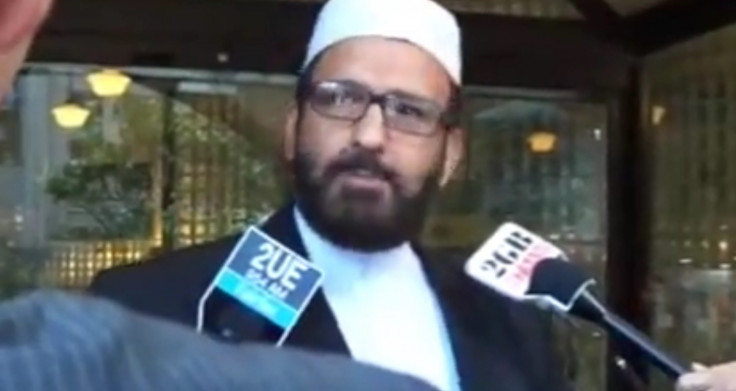Australia: 30 Isis foreign fighters 'already returned' as PM Tony Abbott announces counter-terror strategy

More than 30 foreign fighters have returned to Australia after joining the Islamic State (Isis) in Iraq and Syria, a review of the country's counterterrorism coordination has revealed, prompting renewed fears of lone-wolf attacks like the Sydney café siege of last December.
Prime Minister Tony Abbott is expected to deliver a national strategy to confront what he called a "new, long-term era of heightened terrorism" in an address to parliament on national security later on Monday.
He will also appoint a counter-terrorism coordinator to tackle extremism and improve links between the various government agencies. The review into Australia's counterterrorism capability "assesses that the terrorist threat in Australia is rising," he will say.
"On all metrics, the threat to Australia is worsening. The number of foreign fighters is increasing, the number of known sympathisers and supporters of extremists is increasing, and the number of potential terrorists, including many who live in our midst, is rising as well," he will continue.
"Thousands of young and vulnerable people in the community are susceptible to radicalisation. Terrorists are becoming more adept at evading surveillance."
According to the review, 90 Australians have travelled to Syria and Iraq to join IS with 30 having already returned to their homeland. At least 140 people in Australia support extremist groups.
The address comes after the release of the report into the Sydney siege, in which two people died when gunman Man Haron Monis took staff and customers hostage in a terrifying siege at the Lindt Café in the city's Martin Place. Monis also died when police stormed the café after a 16-hour standoff.
Monis, an Iranian who first came to Australia as a refugee in 1996, was not on a security watch list despite a history of violence and mental instability. He was also allowed to hold a gun licence.
The review found that Australian police received 18 calls from concerned members of the public about Monis just days before the siege.
The calls related to a series of postings Monis made on social media and were checked by the Australian Security Intelligence Organisation (ASIO), federal police (AFP) and New South Wales police, but none appeared to suggest an imminent attack.
"On the basis of the information available at the time, he fell well outside the threshold to be included in the 400 highest priority counter-terrorism investigations," noted the 90-page review.
"He was only one of several thousand people of potential security concern."
Abbott has said that the "system had let down the community" by failing to prevent the deadly siege.
© Copyright IBTimes 2025. All rights reserved.






















